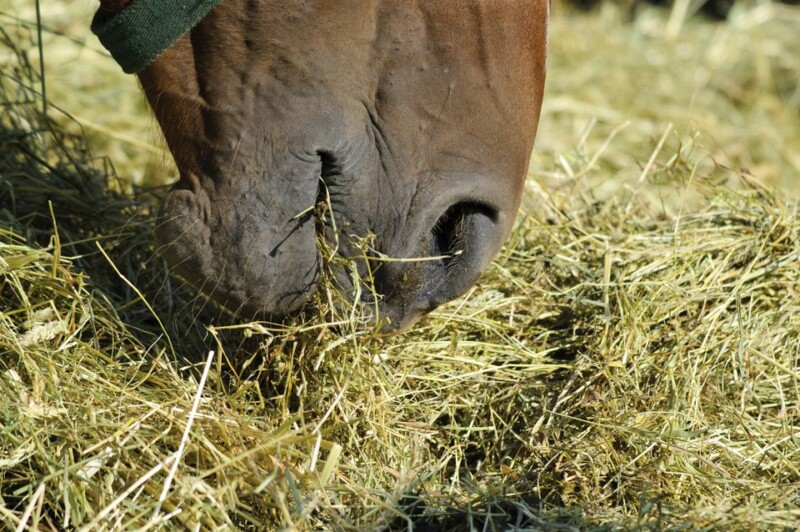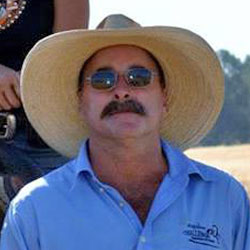Fall Transition and Chronic Horse Colic Tips. Fall is just about here but in Central California our weather is still HOT! We are looking at upcoming temps of 112 degrees, but by the end of the month, low 90’s. That being said, many horses will colic or find themselves in a Pre-colic situation with the Fall Transition upon us, especially horses prone to “chronic colic.”
- Prevention…Colic can be caused by many different factors. During Fall and Winter, weather plays a major role. As the temperature swings can result in frozen or ice-covered water. This can result in horses drinking less water. At this time of year some horses are also shifting from a high moisture diet (grass) to a low moisture diet (dried hay). Make sure your horses have water available as sometimes the water may freeze during the night and not melt until late morning. Also always keep a white salt block close by the water buckets to encourage water consumption. Paying attention now may help you prevent impaction colic from developing as a result of diet and weather changes and the lack of water intake.
- What to feed…Roughage! Your goal is the closer a colic-prone horse’s diet is to 100-percent forage (hay, grass), the better. Try to stay away from commercial feeds. If you must feed a commercial feed try to find one that uses a fat-based energy source over carbohydrates. Commercial feeds typically contain a great deal of byproduct waste. The processing of these food materials removes the vast majority of the food’s natural qualities such as their antioxidative qualities, the phenolic compounds, dietary fiber, the fats or oils, selenium, the phytoestrogens and more. Please read those feed labels…if you see that the first 6-7 items are byproduct waste product, that is what you are feeding your horse, per volume.
Feeding schedule…Provide multiple small meals rather than one or two large meals. The stomach of the horse empties every 3 hours. Stick to a regular schedule! Don’t feed directly on the dirt. Feed off of mats, tubs, hay feeders, etc… Make any dietary changes gradually over severeral days. Whenever your horse travels, make sure at least some of his current hay and other feed go along with him to allow for a transition. Also while traveling feed additional probiotics!
- Exercise & Movement…If your horse is not getting daily exercise then being out in pasture or large turn outs with other horses is best for horses.
- Watch your horse…Keep an eye on your colic prone horse during the fall transition or any time the weather changes. Also be watchful after worming, vaccinations, medications, traveling or during any times of stressful situations. These are all times to be adding additional probiotics to your horse’s diet.

- Be sure to feed a high quality psyllium supplement such as Equine Challenge Sand Plus on a 7 days a month (or daily depending on the individual horse) schedule. Sand, dirt, mud, etc…. all can play a role in colic.
Following these guidelines can help reduce the risk of colic with any horse, but especially with horses known to be prone to colic.
Kathy Hartwig

